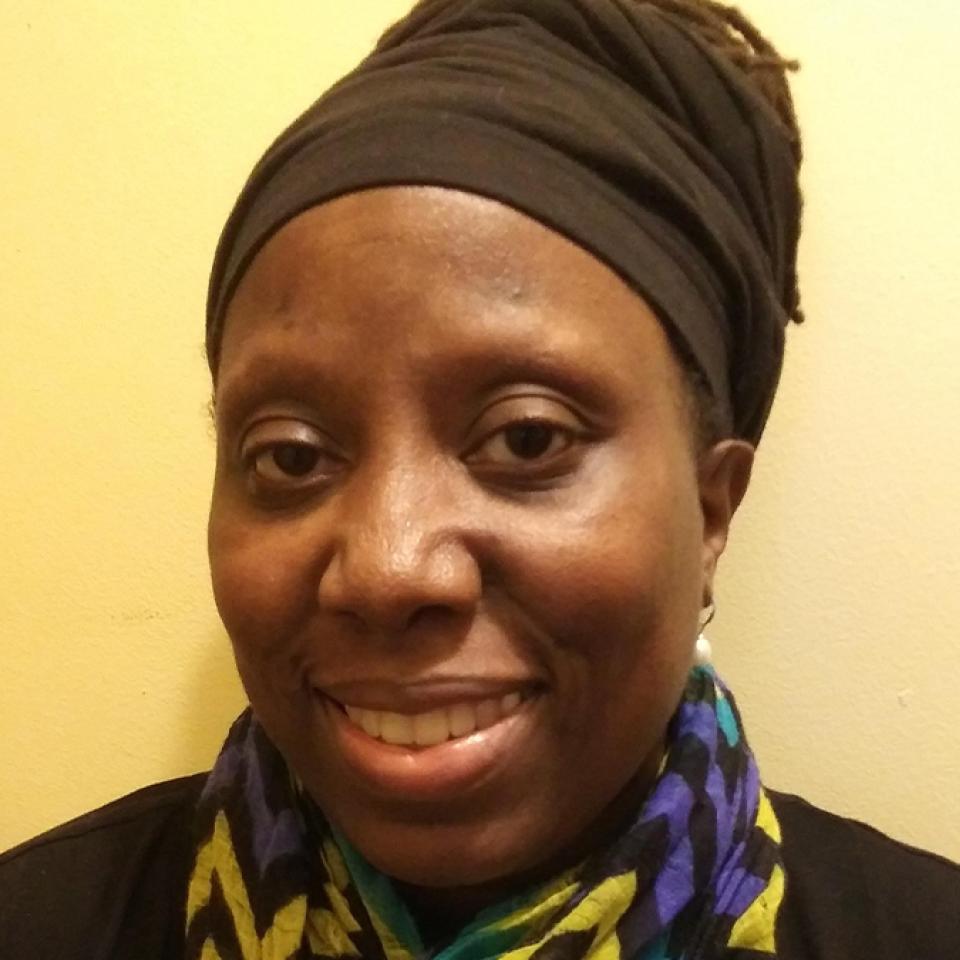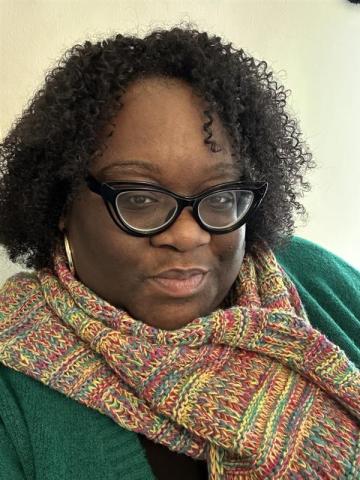
Addressing Racism in Housing
A conversation with Chief Behavioral Health Officer Lawanda Williams
Q: What does everyday housing discrimination sound like?
It can be very subtle. A landlord will ask me what Health Care for the Homeless will do to make sure this person would be a "good tenant." When that happens I ask if that’s a question for all tenants or just ones with subsidized vouchers. There is no relation between personal economics and character, but those often get conflated.
Q: What impact does discrimination have at the community level?
It leads to concentrated poverty in neighborhoods with less investment and fewer opportunities. Food access is a good example. Like Ryan (on page 4), people who live in poorer areas are just as interested in getting quality food as those in wealthy communities, but they live in food deserts and have to travel long distances to access nutritious options. Housing shouldn’t be just a place to survive, it should be somewhere you can thrive.
Q: How can readers fight housing discrimination?
Start with yourself. If you are a person with privilege, recognize your role. Think about your housing and how your experience differs from others. Don’t accept that people with less privilege need to prove they deserve housing. When you hear stigmatizing language, correct it. When we ask others to cope with racism, we are accepting it. Call your legislators and vote to reverse the policies that force our neighbors to be "resilient" to injustices they should never face in the first place.
More Recent News
We are thrilled to welcome Nikia Woodard, our new Director of Human Resources! With more than two decades of experience in the HR field, Nikia previously held leadership roles with the Maryland Transit Administration, Unified Women’s Healthcare and a behavioral health residential treatment facility for youth in Baltimore. Most recently, she served as Director of Employee Experience & Organizational Development at Loyola University Maryland, implementing university-wide professional development programs and encouraging a culture of continuous learning. Read on to learn more about Nikia (and her favorite snack)…
After a year of serving as Practice Manager of West Baltimore, Alkema Jackson is moving into the new role of Director of Practice Operations, Community Sites! She joined Health Care for the Homeless in 2022 as the Client Access Project Coordinator, collaborating across departments to help more people connect to agency services, and in 2023, she received a Core Value Award for Hope. Read on to learn more about Alkema’s approach to this new position…
Meet Christana Greene, our new Director of Compliance! With more than five years in the compliance field—most recently as Senior Quality and Patient Safety Specialist at GBMC Healthcare—Chrissy brings frontline insight to the role. She began her career as a medical assistant, gaining firsthand experience in what it takes to keep care safe and operations running smoothly. In her new role, Chrissy is focused on building a compliance culture grounded in safety, integrity and accountability. Read on to learn more about Chrissy...
Baltimore gets dangerously cold, and too many of our neighbors are out there. Here are three simple things you can do to make a difference in someone’s life this winter.




